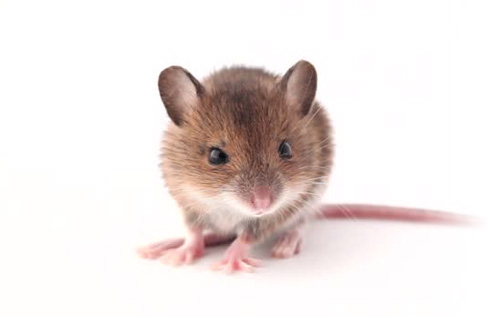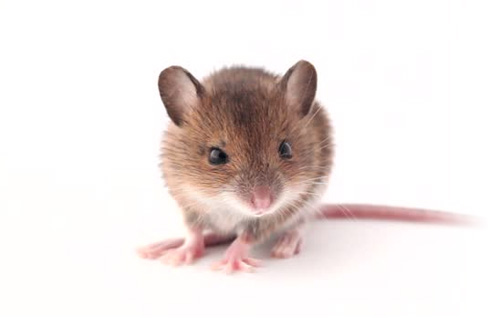
Can you hear the pitter-patter of tiny footsteps behind the skirting? Mice are a part of Irish wildlife – but when they take up residence with you, they can be a cause for concern.
Active all year round, mice are one of the most common pest species in Ireland.
Mice are small mammals of the order Rodentia.
Although commonly identified as pests, some are bred and kept as pets.
Globally there are hundreds of types of mouse, including varieties such as the deer mouse (Peromyscus), house mouse (Mus musculus domesticus), wood/field mouse (Apodemus sylvaticus), Edible dormouse (Glis glis), spiny mouse (Acomys) and even the striped zebra mouse (Lemniscomys).

Although mice are often considered to be cute by some people, they are a public health pest and can cause serious harm.
Mice have been known to spread nasty diseases – such as Salmonella and Listeria – to humans through their urine, droppings and bedding.
Mice have a need to mark their territory with their urine and due to their sporadic eating habits, build nests near food sources. This puts anyone with an infestation at risk of food poisoning.
As they scurry around, they carry dirt and bacteria with them, transferring it to your counter tops, cabinets, pantry and anywhere else they travel.
These nibbling nuisances can also cause a lot of property damage, due to their compulsive need to gnaw to maintain their teeth at a constant length.
Electric cables, water and gas pipes, packaging and woodwork may all be seriously damaged by mice – many instances of electrical fires and floods have been attributed to them.

In regards to pest management, there are two common types of mouse in Ireland to be aware of:
If you come into contact with a mouse, chances are it’s a house mouse. Three guesses why?
These mice are known as “commensal rodents”, which refers to them living with or in close proximity to humans.
Commensalism is defined as a long-term interaction in which members of one species (ie mice) gain benefits, while those of the other species (ie humans) neither benefit or are harmed.
Field mice are much more suited to nesting outdoors, but will possibly move indoors once the weather gets colder.

Mice do not hibernate and are a problem all year round.
House mice are already living in and around wherever we are.
But as the weather gets colder, those field mice currently surviving outdoors will look for warmer places to nest and begin to move indoors.
They are highly adaptable and won’t hesitate to take advantage of a cosy human structure during the winter months.
Food is also an issue – they begin to scavenge closer to humans, as their own sources are no longer plentiful.

It is important to get rid of mice quickly, as mice are adaptable, highly mobile and breed rapidly – this combination can make mouse control a difficult task for the untrained individual.
However, due to their habits, traditional baiting techniques and trapping frequently do not work, and a combination of rodenticides may be necessary.
It is common knowledge in the pest control industry that almost all house mouse populations in Dublin (and possibly other cities) are resistant to traditional rodenticides.
Amateur use products are restricted and it is likely that you won’t be able to purchase the necessary poison.
An alternative to using poisons are break-back traps.
You may catch mice if baited with nutty chocolate, raisins or similar attractive food and placed close to signs of mouse activity.